When leveraging the value of your home, Home Equity Lines of Credit (HELOCs) are often the first choice that comes to mind. However, for older homeowners aged 62 and above, they may not be the best option. Enter the Home Equity Conversion Mortgage (HECM), an advantageous alternative specifically designed to help seniors manage their cash flow and protect their financial well-being.
Flexibility and Payment Options
Unlike HELOCs, HECMs offer unparalleled flexibility, providing several options for receiving funds. With a HECM, money can be disbursed via:
- One-time lump sum
- Monthly payments
- Line of credit
- Combination of these methods
Additionally, any unused portion of the line of credit can grow over the life of the loan, which is not the case with a HELOC.
Optional Monthly Mortgage Payments
One of the most significant benefits of HECMs is the option to not make monthly mortgage payments. This feature is particularly beneficial for retirees whose income is often around 75-80% of what it was when they were working. In contrast, HELOCs may require interest-only payments initially, but they usually become due after ten years, often necessitating large balloon payments that can strain retirement cash flow.
Security and Stability
HECMs come with several safeguards that make them more secure and stable compared to HELOCs:
- FHA Insurance: HECMs are insured by the Federal Housing Administration (FHA), ensuring that the loan cannot be frozen or reduced.
- Non-recourse Loan: Borrowers and their heirs are not required to pay back more than the value of the home.
- No Payment Spikes: Unlike HELOCs, HECMs do not have payment spikes, making them a more predictable option for retirees.
- No Annual Fees: Senior homeowners don’t face annual fees to keep the loan open, unlike with HELOCs.
Easier Eligibility
HELOCs require borrowers to qualify based on credit score and income, which can be challenging for retired individuals. On the other hand, HECMs have simpler eligibility criteria:
- Age Requirement: Borrower must be at least 62 years old.
- Primary Residence: The home must be the borrower’s primary residence.
- Sufficient Home Equity: The borrower must have enough equity in their home.
Financial Education and Support
HECMs also offer unique borrower safeguards, including mandatory independent HUD-approved counseling. This session educates potential borrowers about the HECM process, helping them decide whether it’s the right option and exploring alternative financial solutions.
The Growing Market Opportunity
With senior homeowners accounting for a record $11.58 trillion in home equity, there is a tremendous opportunity for retired seniors to tap into their home equity. This can unlock an additional source of cash flow in retirement or help weather financial storms like market downturns.
Conclusion
For retirees and senior homeowners, HECMs offer a more flexible, secure, and financially sound alternative to HELOCs. They mitigate the risks associated with traditional loans and provide a stable way to manage retirement finances.





